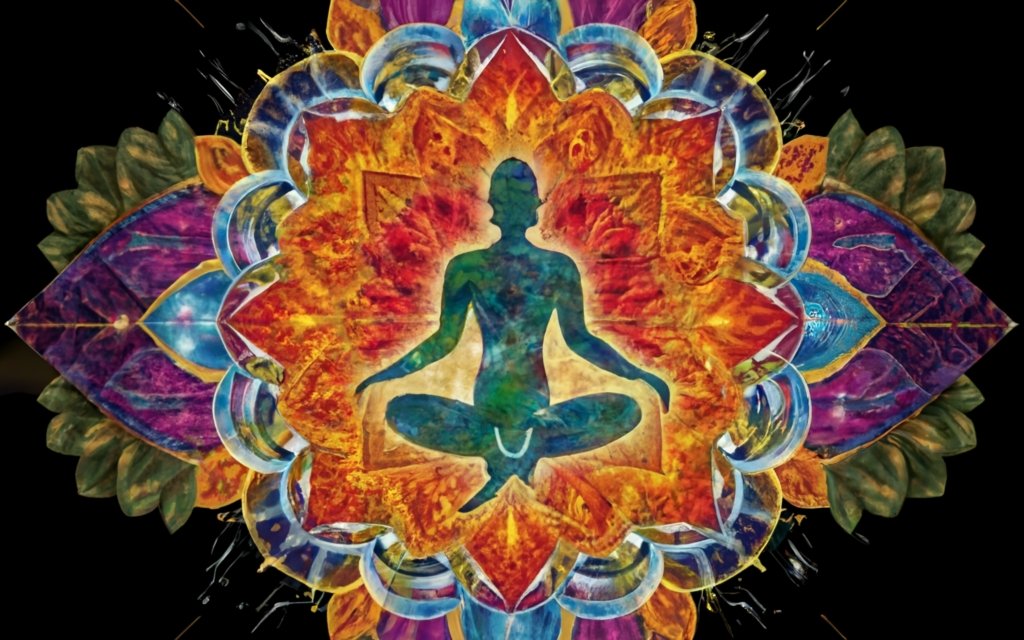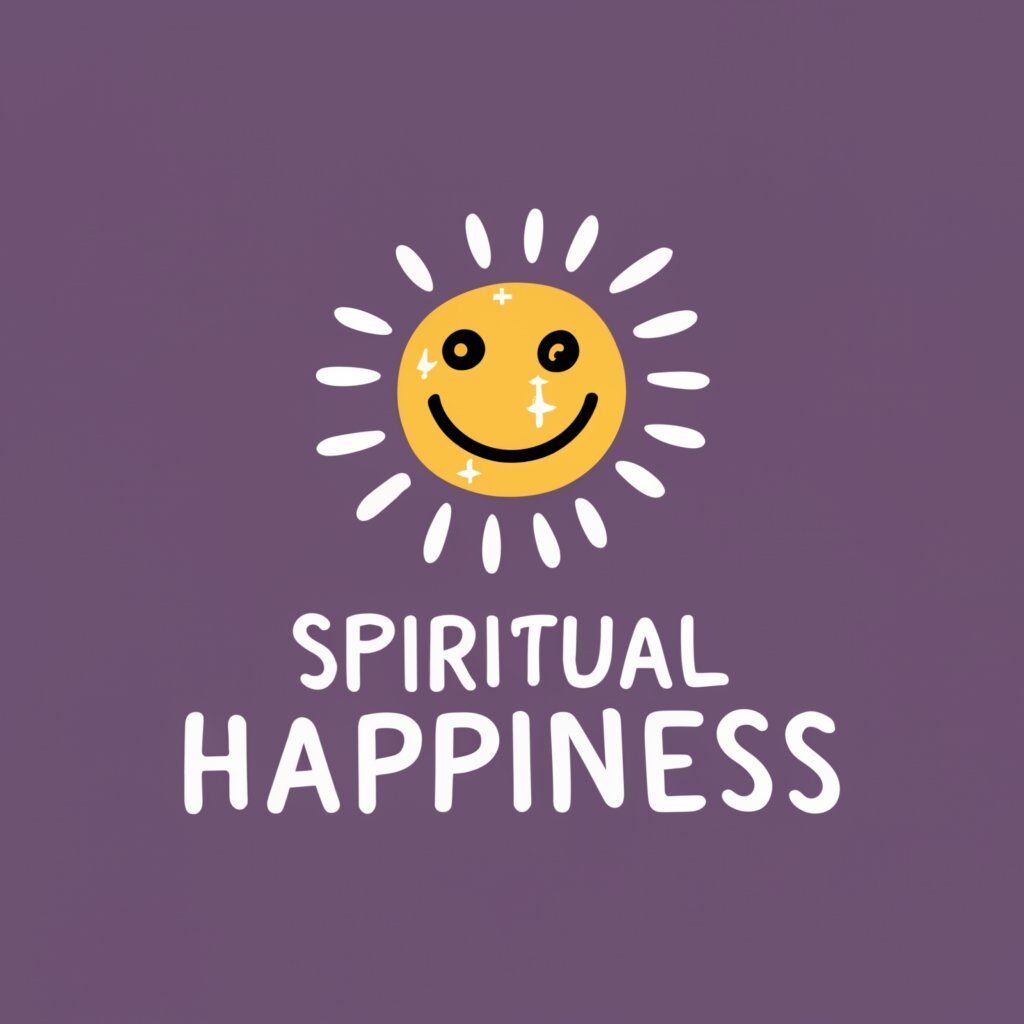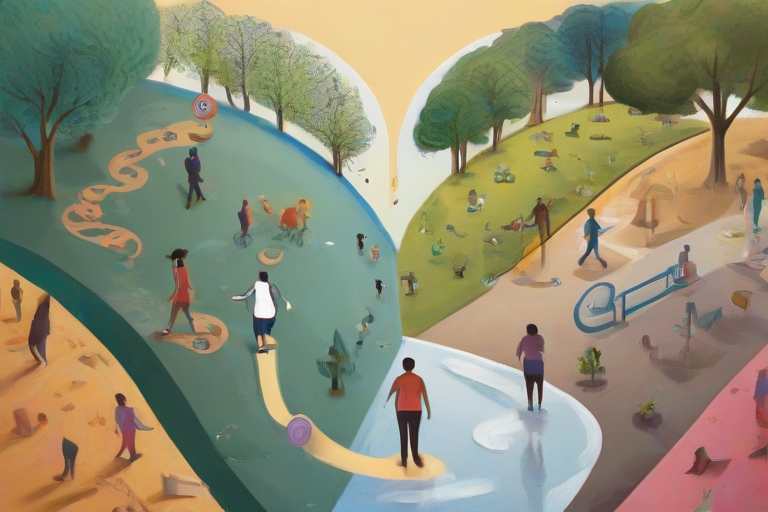The Highest Priority for a Healthy Body
Here’s a single-question quiz: What is more desirable for a healthy body, being physically fit or being free from depression? The correct answer is being free from depression. Depression is linked to sleep deprivation, fatigue, lowered immunity, susceptibility to infections, premature heart attacks, and more. Yet, most people tend to focus on their bodies solely from a physical standpoint.
This article was originally published in English
Awareness and Well-being From a Vedic perspective, consciousness is the highest priority for physical well-being. Even if modern medicine were to discover a way to ensure lifelong physical health through medications, exercise, or diet, it would still fall short of the Vedic ideal, which encompasses both the mind and the body.
A secondary issue with the Western approach is related to risk. Standard prevention is based on avoiding risks, which is relatively easy for most people when it comes to not smoking, for instance, and whole foods are gaining popularity, largely due to the extensive promotion of the Mediterranean diet, which has been clinically proven to be heart-healthy.
Risk avoidance works well when looking at statistics in research studies, but not so well in everyday life. This is because risk avoidance is fear-based, and the fear of illness, aging, and death is a poor long-term motivator. Feeling like your body is constantly under threat turns life into a risky gamble. Furthermore, the mind starts to view the body as a potential enemy should it fall ill and begin to age.
Let’s consider a completely different approach. In the Vedic tradition, which includes the entire system of Yoga, a healthy body exists under the following condition: you experience bliss, which indicates that the consciousness of bliss also flows through every cell. Bliss is the experience of vibrant well-being. This, in turn, strengthens all systems, including the immune system. Mentally, you find yourself in a state of restorative alertness that stays with you throughout life, maintaining a strong healing response.
The Multidimensional Body Once you recognize that a healthy body is, in fact, multidimensional, encompassing the mind, body, and spirit, thoughts and cells, emotions, exercise, and diet, it’s evident that no amount of risk surveillance can produce all the desired facets of lifelong well-being.
What you need instead is a pleasurable and uplifting lifestyle that automatically and effortlessly promotes physical and mental health. This has been the age-old goal of meditation, Yoga, and Ayurveda, which are as valid today as when they originated in ancient India.
Ayurveda deals with the practical everyday aspects of staying in balance, but ultimately, the ideal life is only produced by living from your source in pure consciousness. Ayurveda is an ancillary Veda, we can say, while Yoga and meditation are pure Vedas, opening a direct path to blissful consciousness. From a Western perspective, bliss is simply a synonym for a burst of joy, which is welcome but quickly fades. Sustained happiness is something that almost no one achieves or even aspires to, although there is at least the inspiration of the axiom, “Follow your bliss.”
This is another concept that needs to be replaced. In the Vedic system, the consciousness of bliss is our source, and our essential nature. It flows from the source to be transformed into all the values that every generation has held in high regard: love, compassion, creativity, truth, beauty, empathy, and inner spiritual growth. If you have experienced any of these, you have been in contact with the consciousness of bliss.
Bliss is Our Essential Nature Now that you know how important happy experiences are, you can change your entire perspective on life. Every day, you can dedicate time and energy to the most valuable things in your life, things that you know will generate joy and bliss. At the same time, you can avoid their opposites, things that promote stress, anxiety, conflict, resistance, sadness, and depression. These two things, promoting bliss and reducing obstacles to bliss, are not hypothetical. You can begin to follow this vision immediately, even if you start small, like making sure to smile every day, having meaningful contact with someone who inspires you, or taking time to read something spiritually uplifting.
One of the biggest causes of unhappiness is low expectations. By adopting a higher vision, your expectations will increase, and you’ll have more opportunities to attain all the most valuable things in life. This is true for physical well-being as well. By discarding the notion that your body is a machine designed to wear out, get sick, and perish, consider it as the vehicle for the consciousness of bliss that flows through every part of the body-mind.
The understanding that a healthy body is multidimensional and interconnected with the mind and spirit fundamentally transforms our approach to well-being. It shifts our focus from a fear-based, risk-avoidance mentality to one that embraces a more positive, life-affirming perspective.
In the Vedic tradition, the pursuit of physical health is inseparable from mental and spiritual well-being. This holistic approach emphasizes the importance of experiencing bliss, which not only promotes physical health but also nourishes the mind and spirit. When you are in a state of bliss, you are not just free from illness; you are thriving, vibrant, and energetically alive.
This perspective encourages us to view our bodies as vessels for the flow of bliss and consciousness. When you acknowledge the deep interconnection between your mental and physical health, you can make choices in your daily life that promote overall well-being.
In practical terms, this approach suggests that daily habits should revolve around activities that bring joy and bliss into your life. This might include regular meditation, engaging in physical exercises that you enjoy, eating nutritious and wholesome foods, and fostering positive emotional connections with others. By nurturing your mind, body, and spirit in this way, you’re not just aiming to be free from disease; you’re striving for an elevated state of existence.
The Vedic perspective reminds us that happiness is not just a fleeting emotion; it is our inherent nature. When we align our lives with the consciousness of bliss, it serves as a source of enduring happiness, well-being, and fulfillment. This profound shift in perspective can bring a sense of purpose and direction to your life, encouraging you to pursue the things that truly matter to you.
So, in your quest for a healthy body, remember that it’s not just about avoiding illness and staying physically fit. It’s about embracing a holistic approach that includes mental and spiritual well-being, focusing on bliss as a guiding principle. This paradigm shift can lead to a life filled with profound meaning, joy, and a deep sense of contentment, which is the ultimate goal of well-being from a Vedic perspective. You can Understanding the Significance of Spiritual Health and Unlocking radiant skin with nature’s bounty is a journey that involves harnessing the power of five carefully selected foods and herbs to reveal your skin’s natural luminosity.
Conclusion:

In conclusion, the Vedic perspective on well-being offers a profound shift in our understanding of what it means to have a healthy body. It emphasizes that true health extends beyond physical fitness and absence of illness to encompass mental and spiritual well-being. The key to a healthy body is experiencing bliss, which is not just a momentary burst of joy but an enduring state of well-being that flows through every facet of our lives.
By adopting this holistic approach, we can make choices that promote a state of bliss and consciousness. Our daily habits, from meditation and exercise to diet and emotional connections, become pathways to a life filled with meaning, joy, and deep contentment. This is a vision of well-being that transcends mere survival and physical health, inviting us to thrive and flourish in every aspect of our existence.
FAQ (Frequently Asked Questions):
- What is the Vedic perspective on well-being?
The Vedic perspective on well-being emphasizes that true health involves not only physical fitness but also mental and spiritual well-being. It centers on the experience of bliss and consciousness as the key to a healthy body. - Why is it important to focus on bliss for well-being?
Bliss is considered the source of enduring happiness and well-being in the Vedic tradition. By aligning with this consciousness of bliss, we can attain a more profound and sustained state of well-being in our lives. - How can I incorporate the Vedic perspective into my daily life?
You can start by making choices that bring joy and bliss into your daily routine. This might include regular meditation, engaging in physical activities you enjoy, maintaining a balanced diet, and nurturing positive emotional connections with others. - Is this perspective compatible with modern medicine and health practices?
The Vedic perspective complements modern medicine by emphasizing the interconnectedness of physical, mental, and spiritual well-being. It encourages a more holistic approach to health and well-being. - Can adopting this perspective improve my overall quality of life?
Yes, by shifting your focus from fear-based risk avoidance to a positive, life-affirming perspective centered on bliss, you can lead a life filled with profound meaning, joy, and contentment. This approach aims to enhance your overall quality of life.
Remember that the Vedic perspective invites you to view your body as a vessel for the flow of consciousness and bliss, and by doing so, you can embark on a journey towards a more vibrant, fulfilling, and healthy existence.





